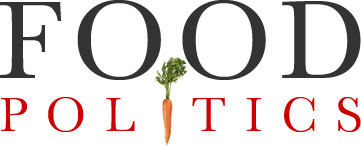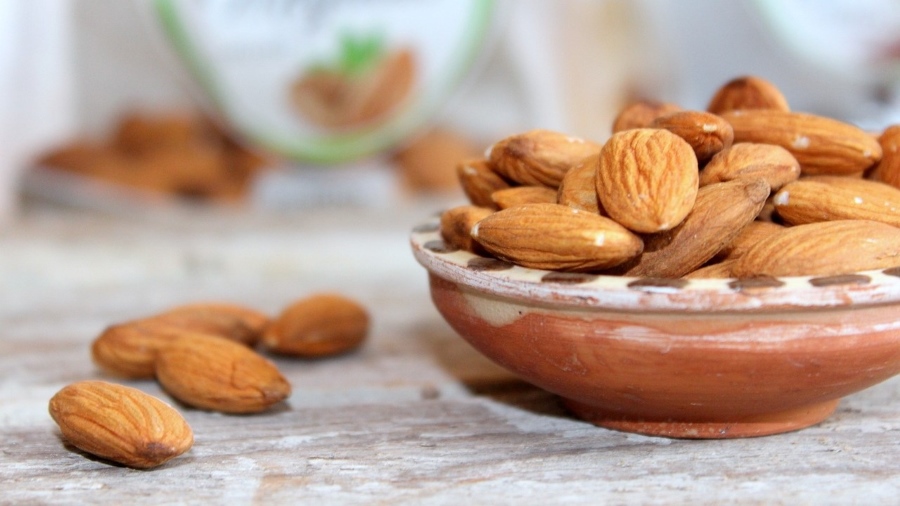
Dr. Marion Nestle is a renowned nutrition professor at NYU and Cornell. She follows-up on food industry funded research to present a clearer picture of the results and their trustability. Do the claims the industry makes actually hold up under review? Keep an eye on our Fact Check files to find out.
It’s been a couple of years since I’ve commented on almond-industry research funding, but it remains hard at work. Sasha Matera-Vatnick sent me a report of this study from Food Technology. It essentially reproduced the California Almonds’ press release: New Research: Eating Almonds Can Aid in Post-Exercise Recovery.
The study: Witard, O., Siegel, L., Rooney, J., Marjoram, L., Mason, L., Bowles, E., Valente, T., Keulen, V., Helander, C., Rayo, V., Hong, M. Y., Liu, C., Hooshmand, S., & Kern, M. Chronic almond nut snacking alleviates perceived muscle soreness following downhill running but does not improve indices of cardiometabolic health in mildly overweight, middle-aged, adults. Frontiers in Nutrition. 2024 January 8: doi: https://doi.org/10.3389/fnut.
Methods: 25 mildly overweight subject used a treadmill for 30 min after 8-weeks of consuming either 57 g/day of whole almonds (ALMOND) or an isocaloric amount (86 g/day) of unsalted pretzels (CONTROL).
Results: Muscle soreness measured during a physical task (vertical jump) was reduced by ~24% in ALMOND vs. CONTROL. No pre-post intervention changes in assessments of cardiometabolic health, body composition, mood state or appetite were observed in ALMOND or CONTROL (all p > 0.05).
Conclusion: “Chronic almond supplementation alleviates task-specific perceived feelings of muscle soreness during acute recovery from muscle damaging exercise, resulting in the better maintenance of muscle functional capacity. These data suggest that almonds represent a functional food snack to improve exercise tolerance in mildly overweight, middle-aged adults.”
Funding: “The author(s) declare financial support was received for the research, authorship, and/or publication of this article. This work was supported by Almond Board of California, Modesto, CA. The funder had no role in the study design, data collection, analysis and interpretation, or the preparation of the manuscript.”
Comment: The proposed mechanism of action has to do with inflammation, claimed here to be reduced by eating almonds (or pistachios in these authors’ previous studies). Despite the detailed science here, this seems like wishful thinking. I like nuts but what about everything else we eat? This is a one-food study, and it defies credulity to think a handful of nuts could have signfiicant physiological effects on their own. Whatever. The Almond Board paid the authors to do the study and the results and interpretation were predictable from this alone. If you believe almonds are a superfood, maybe you won’t mind the amounts of water they require. To which, by the way, the Almond Board says other foods use more.
The post Industry-funded study of the week: Almonds again appeared first on Food Politics by Marion Nestle.
Marion Nestle is Paulette Goddard Professor of Nutrition, Food Studies, and Public Health, Emerita, at New York University, which she chaired from 1988-2003 and from which she officially retired in September 2017. She is also Visiting Professor of Nutritional Sciences at Cornell. She earned a Ph.D. in molecular biology and an M.P.H. in public health nutrition from the University of California, Berkeley, and has been awarded honorary degrees from Transylvania University in Kentucky (2012) and from the City University of New York’s Macaulay Honors College (2016). In 2023, she was awarded The Edinburgh Medal (for science and society).


